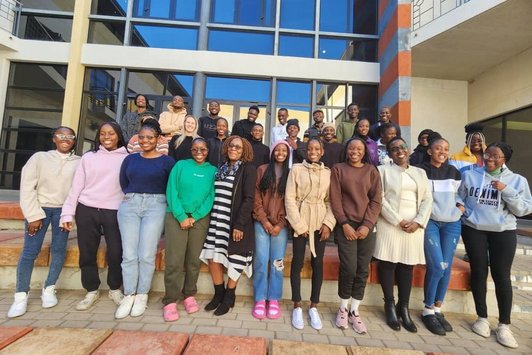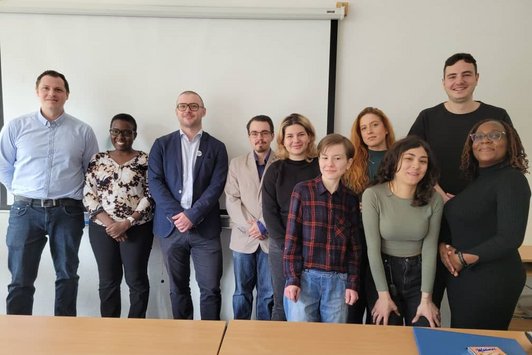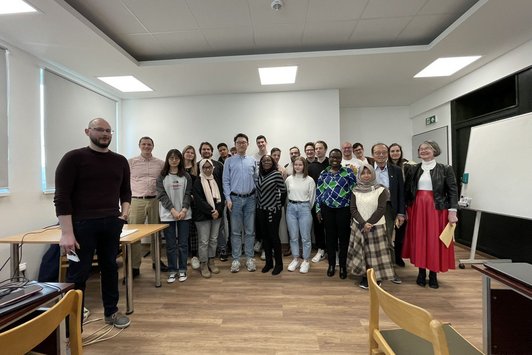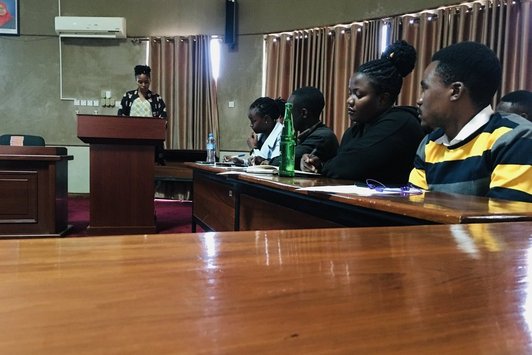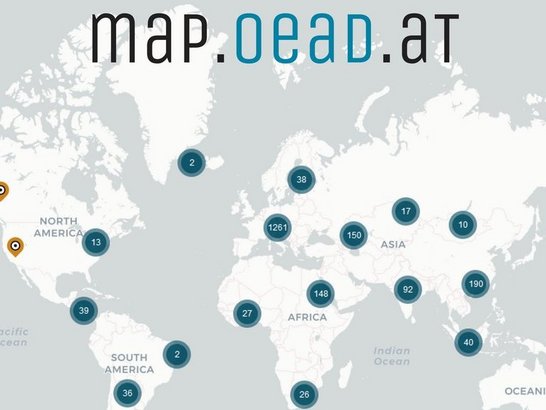
Project completed: P006_Namibia_Uganda
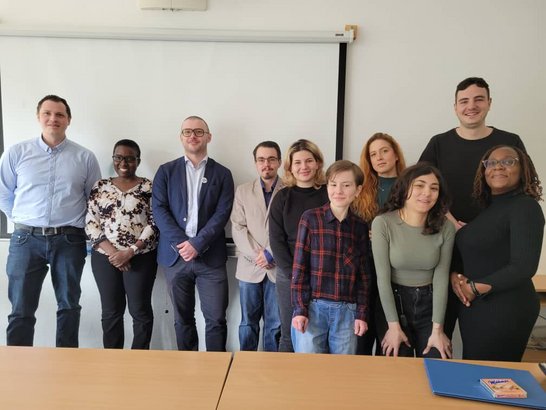
The Phosphorus Negotiation Game – SDGs in Action
Cooperating countries: Namibia, Uganda and Austria
Coordinating institution: Danube University Krems, Dr. Nils Haneklaus, nils.haneklaus@donau-uni.ac.at
Partner institutions: University of Namibia, Kyambogo University (Uganda)
Project duration: 1 June 2021 - 31 May 2023
Budget: EUR 30.000
Abstract:
Researchers from MIT in the US developed the “Mercury Game” at the beginning of the 2000s. In their own words “The Mercury Game is a negotiation simulation designed to teach people about the role of science in international environmental policy making”. The development of the game was a success and it is now, among many things, a fixed part of the Harvard Law Schools Program on Negotiation. DUK is actively working on sus-tainable phosphate rock production. Some phosphate rocks contain considerable amounts of accompanying toxic (e.g. cadmium) or radiotoxic (e.g. uranium) elements. Uranium concentrations in phosphate rocks can exceed concentrations found in tradi-tional uranium mines. Whether or not uranium should be recovered from phosphates is actively discussed in the scientific community. Recovering uranium can:
- increase radiation exposure of workers,
- be a proliferation risk and
- increase fertilizer and thus food prices.
Not recovering uranium can: (a) pollute groundwater/crops and (b) increase radiation exposure among farmers and the general public. This Gordian Knot will not be cut by research alone. The importance of Phosphorous (P) mining and processing requires awareness among larger groups of society. The “PGame”, that we want to develop and test in this project will build on MIT’s Mercury Game as well as the PI’s (DUK) experience in University Debating and phosphate rock processing. Namibia and Uganda both have considerable amounts of phosphate rocks and researchers from these countries will complement the team with expertise in food security and toxicology (UNAM) as well as environmental science and pollution of water bodies (KYU).
Summary:
Researchers from Harvard University and the Massachusetts Institute of Technology (MIT) in the United States developed the “Chlorine Game” and the “Mercury Game”, two serious game simulations, or environmental roleplays, at the beginning of the 2000s to teach students and practitioners about environmental issues related to the use of organochlorines as well as global emissions of mercury and the negative consequences associated with those. In the words of Stokes and Selin who developed the mercury game, “The Mercury Game is a negotiation simulation designed to teach people about the role of science in international environmental policy making”. The development of the game was a success, and it is now, among many things, a fixed part of the Harvard Law Schools Program on Negotiation. The University of Continuing Education Krems (UWK), formerly Danube University Krems (DUK), is actively working on sustainable phosphate rock production in the Transdisciplinary Laboratory (Td-Lab) Sustainable Mineral Resources that is associated with the Department for Knowledge and Communication Management at the Faculty of Business and Globalization. Some phosphate ores can contain considerable amounts of accompanying toxic (e.g., cadmium) or radiotoxic (e.g., uranium) elements. Uranium concentrations in phosphate rocks at one locations can even exceed the concentrations found in traditional uranium mines that are commercially operated in other parts of the world. Whether or not uranium should be recovered from phosphates is actively discussed in the scientific community with no clear answer agreed on yet. Recovering uranium can: (1) increase radiation exposure of workers, (2) be a proliferation risk and (3) increase fertilizer and thus food prices. Not recovering uranium can: (a) pollute groundwater/crops and (b) increase radiation exposure among farmers and the general public. This Gordian Knot will not be cut by technical research alone. The importance of Phosphorous (P) mining and processing requires awareness among larger groups of society. The project entitled: “The Phosphorus Negotiation Game – SDGs in Action” or short “PGame”, developed and tested a new serious game that builds on Harvard University’s and MIT’s Mercury Game as well as the participants experience in mineral processing and environmental science.
Publications
Mwalongo, D.A.; Haneklaus, N.H.; Lisuma, J.B.; Mpumi, N.; Amasi, A.I.; Mwimanzi, J.M.; Chuma, F.M.; Kivevele, T.T.; Mtei, K.M. Uranium Dissemination with Phosphate Fertilizers Globally: A Systematic Review with Focus on East Africa. Sustainability 2024, 16, 1496. https://doi.org/10.3390/su16041496
Nils Haneklaus, Sofia Barbossa, M. Dolores Basallote, Martin Bertau, Essaid Bilal, Ewelina Chajduk, Yelizaveta Chernysh, Viktoriia Chubur, João Cruz, Krzysztof Dziarczykowski, Peter Fröhlich, Philippe Grosseau, Hamid Mazouz, Katarzyna Kiegiel, José Miguel Nieto, Sandra Pavón, Sofia Pessanha, Andrzej Pryzowicz, Hynek Roubík, Carlos Ruiz Cánovas, Horst Schmidt, Rainer Seeling, Grażyna Zakrzewska-Kołtuniewicz, Closing the upcoming EU gypsum gap with phosphogypsum,Resources, Conservation and Recycling, Volume 182, 2022, https://doi.org/10.1016/j.resconrec.2022.106328
